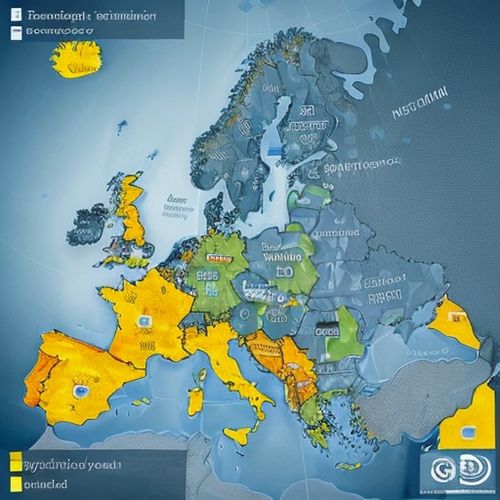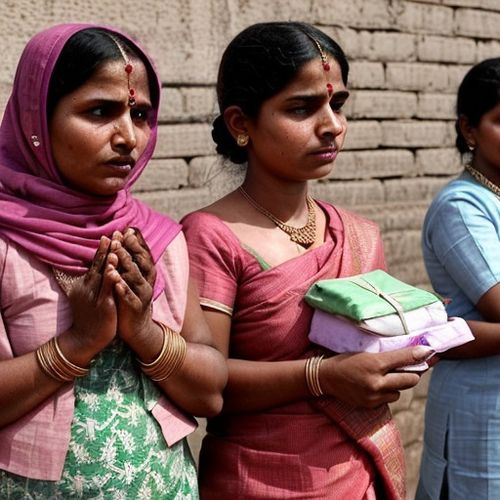When planning a wedding, couples often focus on the perfect venue, the ideal dress, and the most delicious cake. However, one crucial aspect that frequently gets overlooked is wedding insurance. In the United States, wedding insurance has become increasingly popular as couples seek to protect their significant investment from unforeseen circumstances. From sudden cancellations to vendor no-shows, a comprehensive wedding insurance policy can provide peace of mind during what should be one of the happiest days of their lives.
The Basics of Wedding Insurance
Wedding insurance is a specialized type of event insurance designed to cover financial losses related to weddings. Policies typically offer coverage for a range of scenarios, including extreme weather, illness or injury, vendor failures, and even military deployment. While no one wants to imagine their big day going awry, the reality is that weddings involve substantial expenses, and insurance can serve as a safety net. The cost of a policy usually depends on the total wedding budget, with premiums averaging between $100 and $500 for most couples.
One of the most common reasons couples purchase wedding insurance is to protect against cancellations or postponements. Life is unpredictable, and if an unforeseen event forces a change in plans, insurance can help recover non-refundable deposits and other expenses. For example, if a hurricane strikes the week of the wedding, making travel impossible for guests or even forcing the couple to relocate the event, a robust policy would cover the associated costs. Similarly, if the bride, groom, or an immediate family member falls seriously ill, insurance can provide reimbursement for rescheduling.
Vendor-Related Coverage
Another critical aspect of wedding insurance is protection against vendor mishaps. Many couples book photographers, caterers, florists, and other vendors months—sometimes years—in advance. Unfortunately, vendors can go out of business, fail to deliver as promised, or simply not show up on the big day. Wedding insurance can help recoup lost deposits and cover the cost of last-minute replacements. Some policies even include liability coverage, which protects against accidents or injuries that occur during the event, such as a guest slipping on the dance floor or a waiter spilling hot food.
Liability coverage is particularly important for weddings held at private venues or outdoor locations. If a guest is injured and decides to sue, the couple could be held financially responsible. Most standard homeowner’s or renter’s insurance policies do not extend to events like weddings, making additional liability coverage essential. Some venues even require proof of insurance before allowing the event to take place, so it’s wise to check with the location beforehand.
Special Considerations for Destination Weddings
Destination weddings come with their own set of risks, making insurance even more crucial. Travel delays, lost luggage, and venue issues are just a few of the potential problems couples may face when marrying abroad. Many wedding insurance policies offer optional add-ons for destination weddings, including coverage for lost or damaged attire, travel disruptions, and even emergency medical expenses for guests. Given the additional complexities of planning a wedding in a foreign country, investing in comprehensive coverage is often a smart decision.
It’s also worth noting that some credit cards and travel insurance policies may offer limited coverage for wedding-related expenses. However, these are rarely as extensive as a dedicated wedding insurance policy. Couples should carefully review their existing coverage and consider supplementing it with a specialized plan to ensure all potential risks are addressed.
How to Choose the Right Policy
Selecting the right wedding insurance policy requires careful consideration of the couple’s specific needs and budget. Policies vary widely in terms of coverage limits, exclusions, and deductibles. Some insurers offer customizable plans, allowing couples to add or remove coverage options as needed. Reading the fine print is essential—some policies exclude certain weather-related cancellations or have strict requirements for proving vendor no-shows.
Couples should also consider the timing of their purchase. Many insurers require that policies be bought at least 14 to 30 days before the wedding date to be valid. Waiting until the last minute could result in limited options or higher premiums. Additionally, some policies offer engagement ring coverage, which can be a valuable add-on for couples who have invested in expensive jewelry.
The Emotional Value of Peace of Mind
Beyond the financial protection, wedding insurance offers something equally valuable: peace of mind. Planning a wedding is stressful enough without worrying about what could go wrong. Knowing that unforeseen disasters won’t result in financial ruin allows couples to focus on what truly matters—celebrating their love with family and friends. While no one expects their wedding day to be anything less than perfect, having a safety net in place ensures that even if the unexpected happens, the memories won’t be overshadowed by regret.
In the end, wedding insurance is a small price to pay for the assurance that one of life’s most important events is protected. Whether it’s a local ceremony or an extravagant destination affair, the right policy can make all the difference. Couples who take the time to research and invest in coverage will find that it’s one wedding expense they won’t regret.

By Eric Ward/Apr 19, 2025

By Sophia Lewis/Apr 19, 2025

By George Bailey/Apr 19, 2025

By George Bailey/Apr 19, 2025

By Grace Cox/Apr 19, 2025

By Natalie Campbell/Apr 19, 2025

By Sarah Davis/Apr 19, 2025

By Michael Brown/Apr 19, 2025

By George Bailey/Apr 19, 2025

By Victoria Gonzalez/Apr 19, 2025

By Christopher Harris/Apr 19, 2025

By Natalie Campbell/Apr 19, 2025

By Sophia Lewis/Apr 19, 2025

By James Moore/Apr 19, 2025

By Natalie Campbell/Apr 19, 2025

By Emily Johnson/Apr 19, 2025

By James Moore/Apr 19, 2025

By Amanda Phillips/Apr 19, 2025

By Emily Johnson/Apr 19, 2025

By Noah Bell/Apr 19, 2025